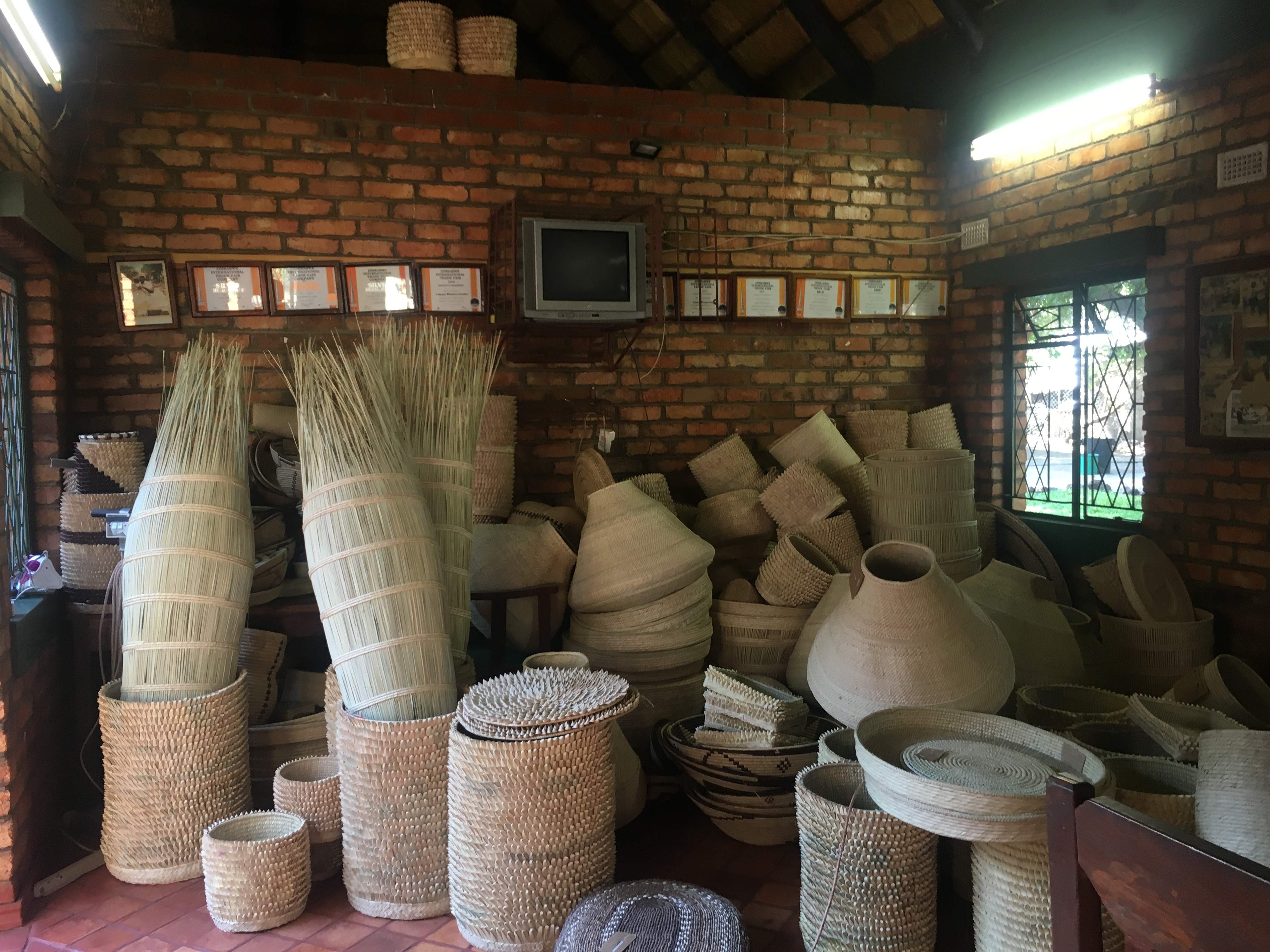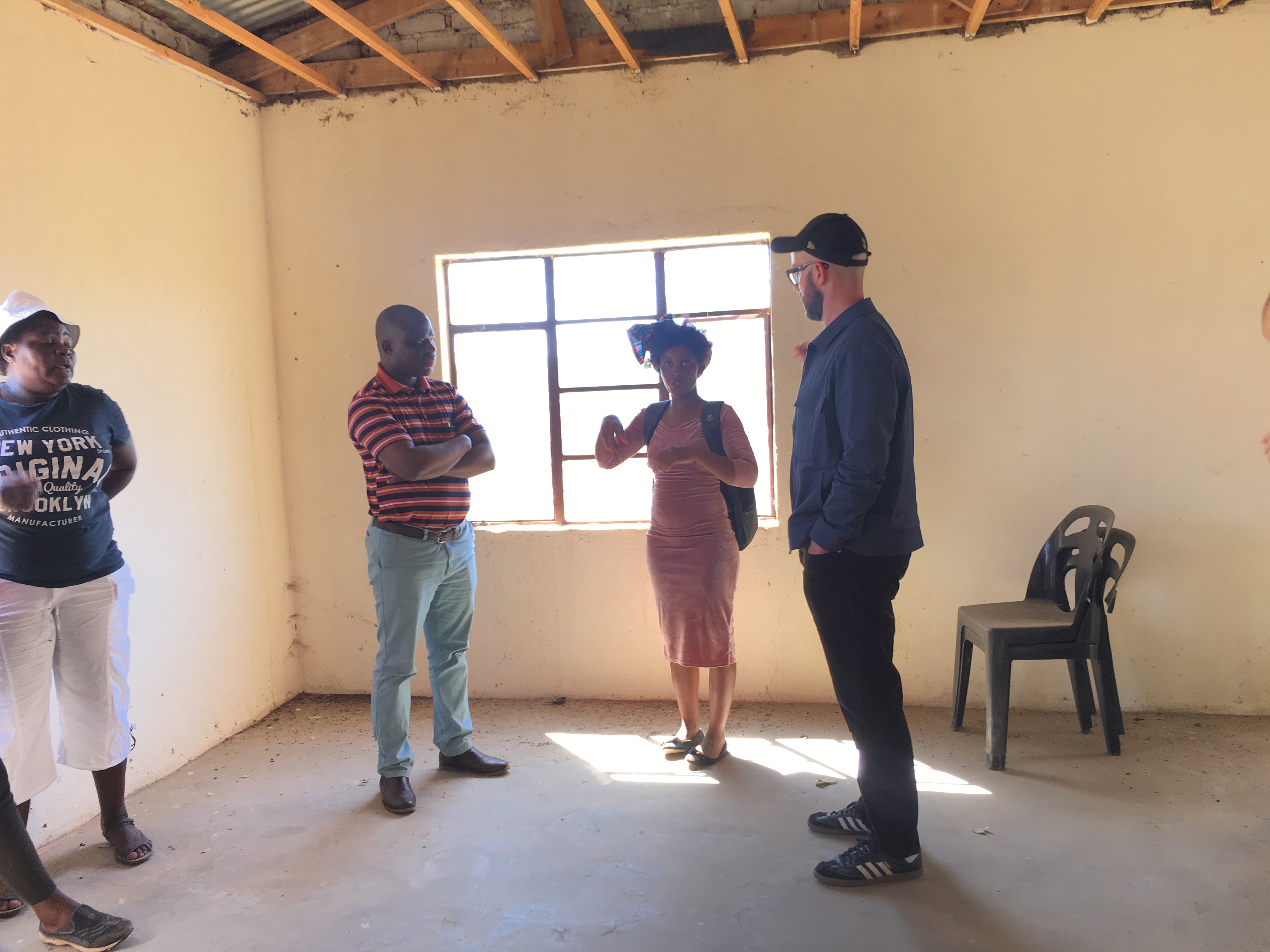Projects
2022-2023
Community-led impact for rural land rights in South Africa: A multilingual best practice handbook (AHRC Follow-on Funding for Impact and Engagement, AH/W005921/1)
This project aims to share lessons learned and best practice from land rights cases across South Africa, thus building capacity in rural communities, and improving access to justice. The project is bringing together major land rights legal support centres, rural development NGOs, rural residents, and academic researchers, through a series of knowledge exchange workshops. Collaborators are developing land rights case summaries with lessons learned, best practice, and supporting documentation; and co-producing a best practice handbook for community-led responses to land rights crises, translated into Xitsonga and other languages in areas with recurring land rights crises. Primary beneficiaries of the handbook will be end-users who are members of rural communities, and the legal teams who support them.
2021
Land rights in rural South Africa: Embedding impact and sustaining collaboration (QR NPIF Funding)
Building on our team’s AHRC GCRF Urgency Grant (below), this project had three components. First, we supported the ongoing documentation of a land rights struggle by our team of rural community researchers. Second, we systematically monitored and maximised the impact of dissemination of key land rights documents newly translated into Xitsonga. Third, we aggregated our community research team’s documentation of the struggle alongside relevant legislation and case law precedents, press reports, and academic publications, for a large-scale view of this unfolding history.
2020-2021
Land rights in rural South Africa: Creating a record of practice in an ongoing crisis (AHRC GCRF Urgency Grant Funding AH/T011815/1)
This project supported residents of Dixie community, Mpumalanga Province, to create a community archive documenting an unfolding contest over land. With community researchers from Dixie, we have co-designed a process of managing, monitoring, recording, analysing, and evaluating this extraordinarily complex economic, political, social, and cultural conflict over territory, rights, and services, as it happens. The community archive has: 1) built capacity for research and development work in Dixie; 2) preserved local heritage, as a living archive of a live historical event; and 3) informed a case study for current and best practice, to support access to justice in future disputes across South Africa.
Youth agency, civic engagement, and sustainable development (AHRC GCRF Network Plus Changing the Story Funding)
This project aims to strengthen channels of engagement between youth, CSOs, NGOs, and other stakeholders, aggregating lessons learned from Changing the Story projects in South Africa and Zimbabwe. The project brings together young people and stakeholders from each project for a week-long workshop during which young people and NGOs will co-produce a documentary film, sharing an account of intersecting inequalities, potentials, and achievements in youth lives.
2019
Mapping community heritage with young people in rural South Africa (AHRC GCRF Network Plus Changing the Story Funding)
This project created a community archive as a means of exploring identity and building capacity for development and research, particularly among young people. The community archive records the lived experience of older adults in Utha community, bordering South Africa’s Kruger National Park (KNP), many of whom were forcibly removed from their land in what is now KNP. The project relied on the social and cultural insights of local young people who worked as community researchers, collecting audio and video recordings for the archive. Throughout the project, we assessed the linguistic, cultural and historic landscapes surrounding the work.
The closure of the Bhubezi Healthcare Clinic and the establishment of a new local clinic: An investigation into local knowledge, global challenges, and lessons learned (QR GCRF Funding)
This research mapped local community perceptions and knowledge surrounding the sudden closure of the regional Bhubezi Healthcare Clinic. We employed qualitative interview methods to ascertain local understandings of the clinic and its closure, the resulting unmet needs, and appropriate means of servicing those needs. The research was designed to address the community-defined need for exploring the closure, and to inform the building and operation of a new local clinic: a new clinic was the single greatest need identified in 2018 in a comprehensive needs analysis conducted by partner Pala Forerunners.
Networking for community-led development interviews in Zimbabwe (QR GCRF Funding)
We hosted networking workshops at the University of Pretoria and Lupane State University with new collaborators from academia and NGOs in Zimbabwe, to explore potential for expanding our work from South Africa into Zimbabwe, a lower income DAC country. This workshop facilitated significant expansion of our work, with significantly broader impact.

2018
Gender and well-being in rural sedentary South African communities (QR GCRF Funding)
This project employed interdisciplinary perspectives to explore the development concepts health, well-being, work, and livelihood among women and girls in rural communities surrounding Kruger National Park (KNP). The project built on Pala Forerunners’ established quantitative needs assessment interview methods, which engage with every adult in a rural community one-on-one to identify, in a grassroots way, the community’s development needs. This project adapted those methods, and the established framework, towards qualitative interview methods, and conducted essential design and scoping work for investigating lived experience and local knowledge of women.
